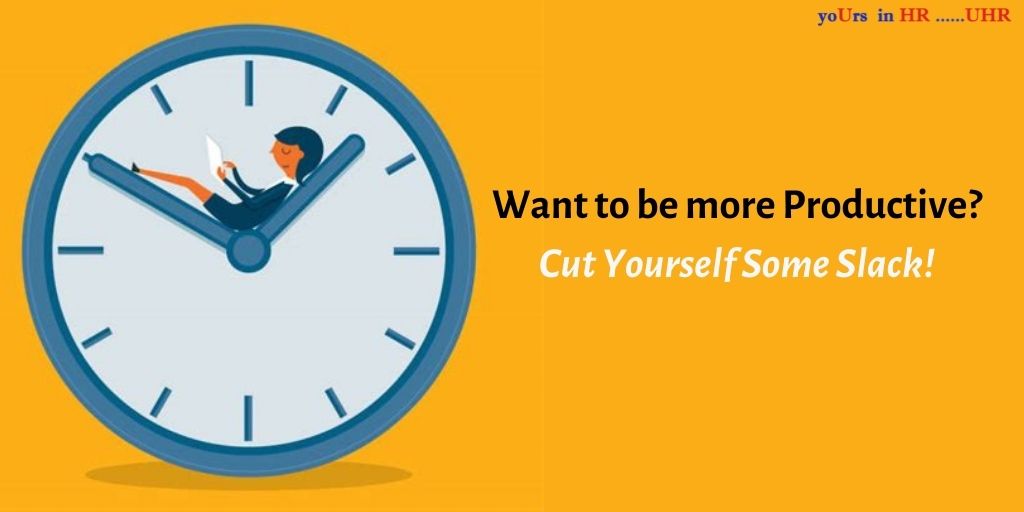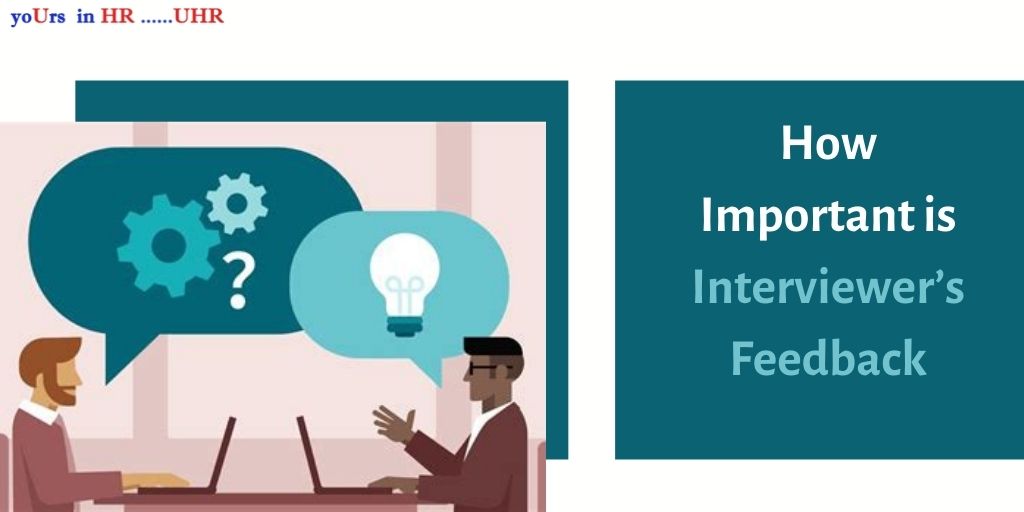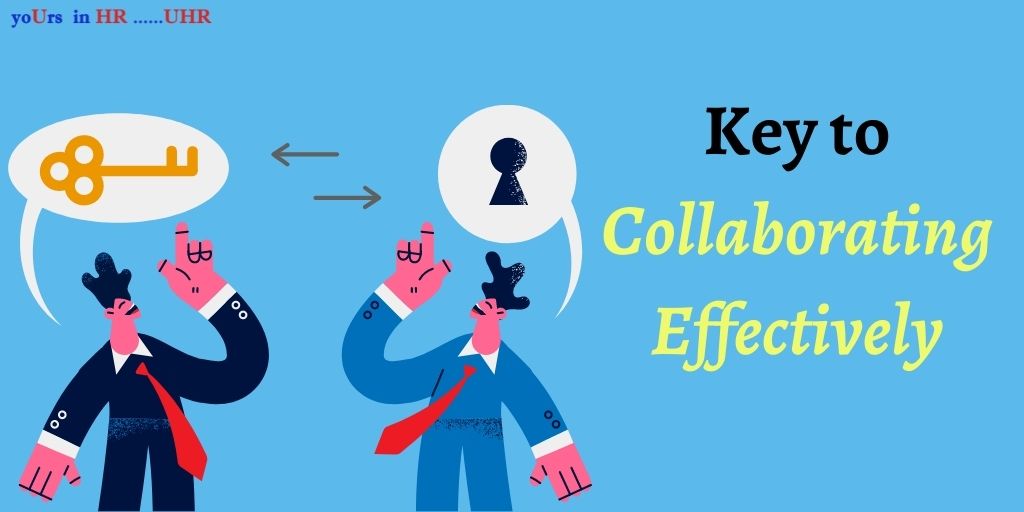
Companies have been facing challenges when it comes to finding and hiring talent. Post the pandemic and the WFH scenario, coupled with the Great Resignation, many people, especially the younger generation, often referred to as the Millennials and Gen-Z, have chosen to not ‘go back’ to the office. They prefer jobs which offer options to work remotely and/or have flexible working hours. Moreover, the Great Resignation also saw people resigning as a way to pursue what they really wanted to do. Such factors have resulted in companies facing acute shortages of talent.
What does this mean for companies and people who are actually looking for jobs? It means a massive opportunity for and from the silver-medal candidate.
Let us quickly have a look at what this means.
Who is a silver-medal candidate?
Silver-medal candidates are the ones who made through the various rounds of interviews but didn’t land the final job. They are the ones who just didn’t make it due to a variety of reasons.
Why to think about a silver-medal candidate?
In a culture of cut-throat competition, one often forgets about the second place. A second preference, a second opinion is sometimes reduced in value and hence ignored completely. An attitude like that could actually go against finding and retaining talent. Based on what an article by Business Chief points out, let us have a look at why silver-medal candidates shouldn’t be forgotten about, and that it is necessary to optimise the ATS to keep their records handy. Whether it is keeping the silver-medal candidates in touch via emails about relevant openings for them, to simply keeping them engaged in any other way, not ignoring silver-medal candidates goes a long way. Let us see how.
- Saves Time: One reason why companies should not ignore silver-medal candidates is the interest and already established engagement. The fact that they had applied earlier means that they were interested in the company at some point and they could be still interested. This means the talent-finding process need not be started from the scratch and one can just simply scan the ATS again and find the required resume and details. This obviously can save a lot of time and resources that goes with creating and advertising job postings. This takes us to the next point.
- Familiarity: Silver-medal candidates are already familiar with what the company has to offer, they have already done their research, they already know the process. They could also have had established a certain rapport with the interviewing panel and the HR. They are also more likely to respond. All they need to know is what the new opportunity is and one might speed up to the negotiation process instead of trying to figure out if the candidate is actually interested in the job or are they simply appearing for the interview for the ‘experience.’
- They Might Have Got Better Now: A silver-medal candidate almost landed the job earlier, which means they were the runners-up. A look at the Olympic podiums shows that even though gold is considered the best, the silver and the bronze very much mean that the athlete is at a high skill-level, almost as good as the gold, as an article by Herefish points it out.
The silver-medal candidate had the skills and the competence already and they just about didn’t stand first earlier but that there are skills and competence is a given. Chances are that over the period from the previous job opening to what we have now, the silver-medal candidate might have in fact improved on their skills and qualifications.
- Reflects Well on the Organisation: Companies often tell once the process is over that they will reach out to the candidates if a new opportunity arises, but they rarely do. By actually reaching out to silver-medal candidates, companies can improve what the article by Business Insider calls ‘employer brand’ in a more positive manner. Even if the candidate may not be interested at the moment, the fact that the company remembered them and reached out to them stands out, and at the very least is likely to make them feel valued and recognised. This is in turn likely to create ‘positive buzz’ around the company, a good word of mouth, attracting talent.
What does this mean for the candidate?
For the candidates, it means one important thing- do not lose hope if you didn’t get that job! Whether one gets the job or not, a cordial parting ‘thank you’ email, letting the company know that they’d be interested in any other new opportunities could go a long way. Going through the interview process but not getting hired is not time wasted. There are multiple reasons why one might not have got the job, but that doesn’t mean one should stop learning new skills, improving on what they have and give up on the idea of unexpected opportunities!
Amidst the Great Resignation, the emerging post-pandemic work culture and the resulting talent shortages, companies could benefit a great deal from keeping the communication-lines open with those silver-medal candidates who had the skills and the competence but just about didn’t make the final. It saves time and resources for the company, and it could be a beacon of hope for someone in need!





